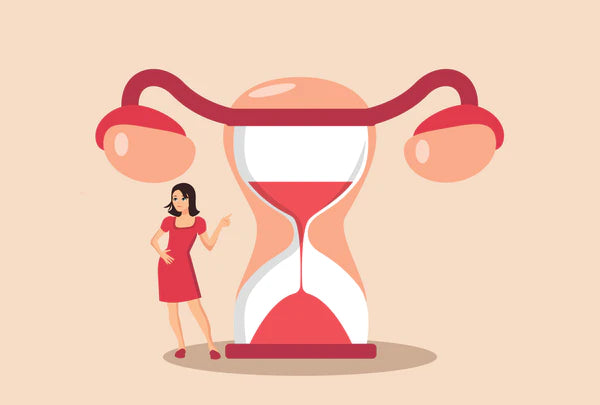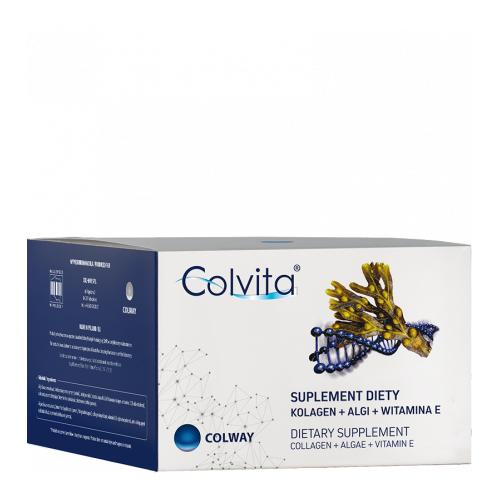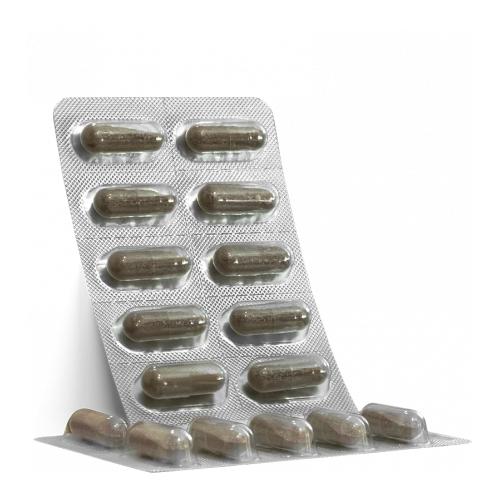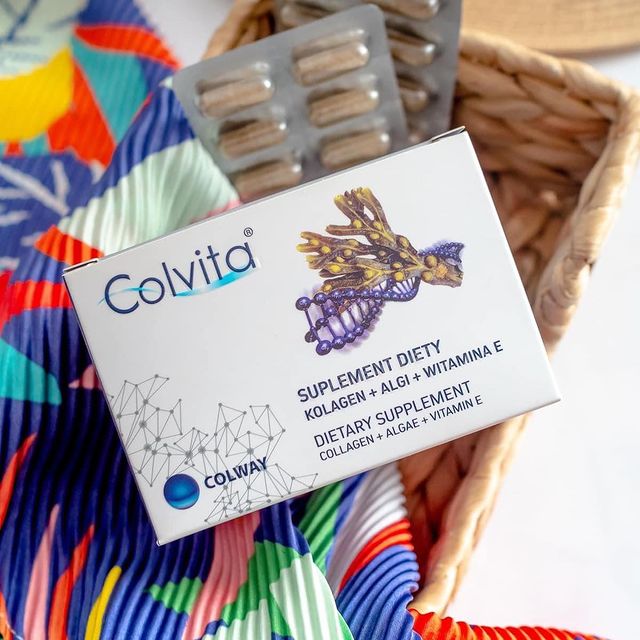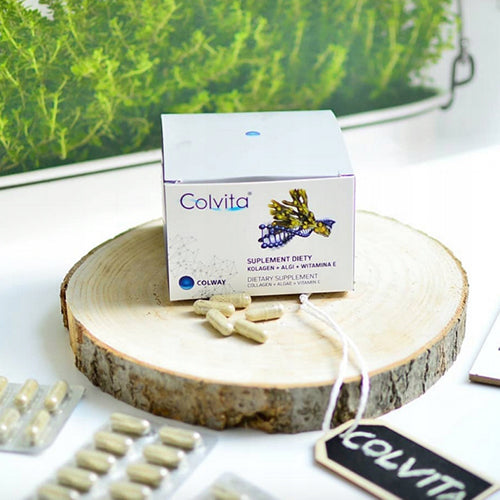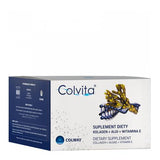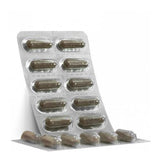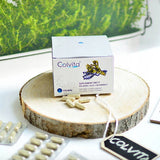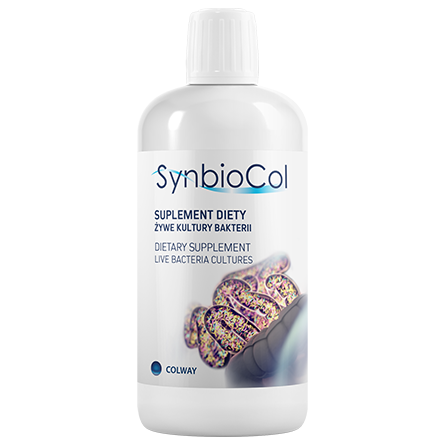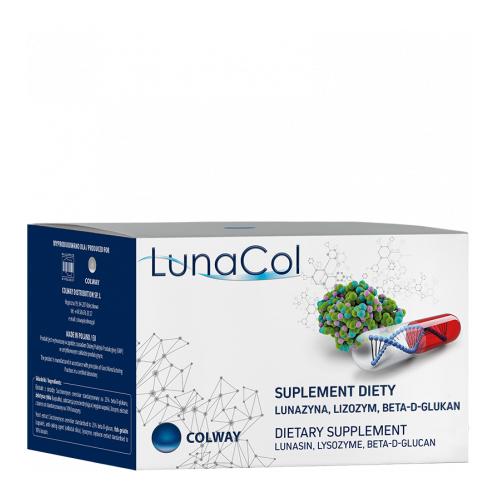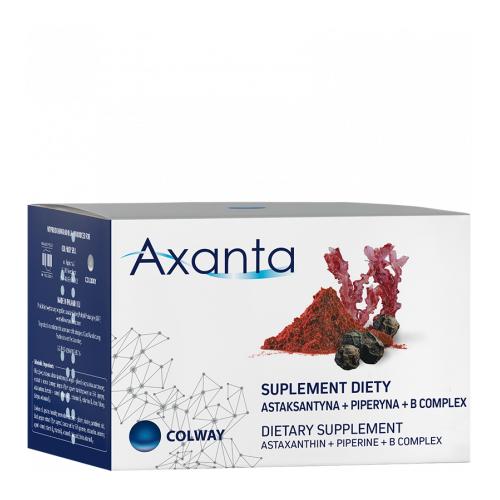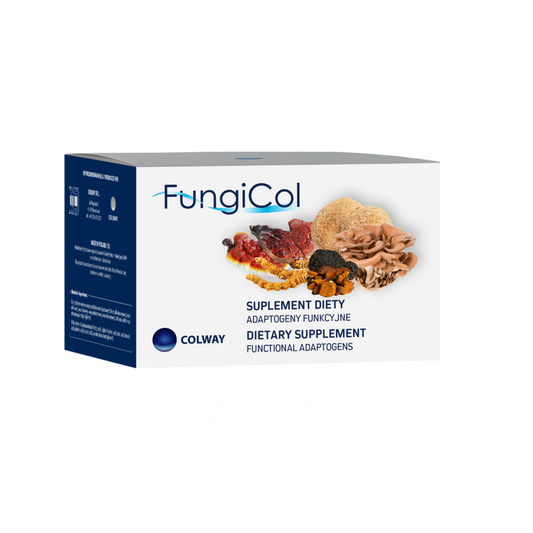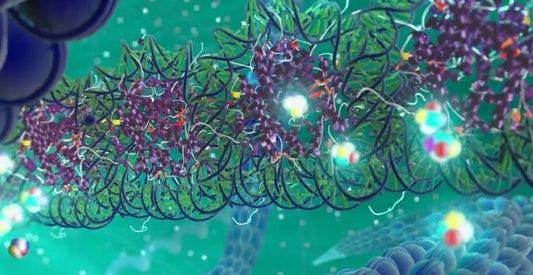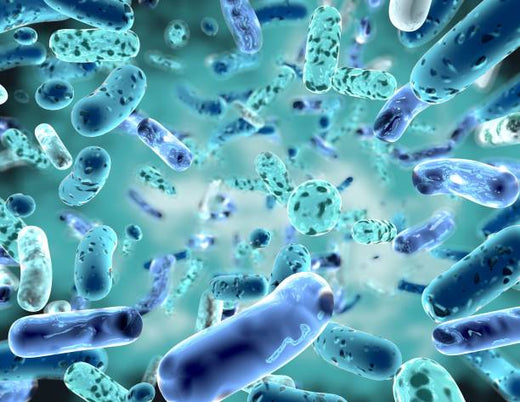It is the time in a woman's life when her periods finally stop and her body undergoes changes that will no longer allow her to become pregnant. This is a natural occurrence that normally occurs in women between 45 and 55 years of age.
Menopause is complete when you have not had a period for a year, which is called postmenopause.
SYMPTOM
Symptoms vary from woman to woman and can last 5 years or more. In some women the symptoms may be worse than in others.
The first thing that happens is that the periods begin to change, being able to appear more or less frequently. This situation can last from one to three years before they cease completely.
Common symptoms of menopause include:
- Less frequent menstrual periods that eventually stop.
- Strong or fast heartbeat.
- Hot flashes, usually worse during the first and second year.
- cold sweats.
- Skin aging.
- Trouble sleeping (insomnia).
Other symptoms of menopause may include:
- Decreased sexual interest; possibly decreased response to sexual stimulation
- Headaches
- Mood changes, including irritability, depression, and anxiety
- leaking urine
- Vaginal dryness and painful intercourse
- vaginal infections
- joint pain
- Irregular heartbeat (palpitations)
PREVENTION
As menopause (climaterium) is not a disease, but is part of the natural aging process of women, prevention in the strict sense is not possible. However, with a healthy lifestyle they can alleviate to some extent the possible discomfort of menopause.
Diet changes:
- Avoid caffeine, alcohol, and spicy foods.
- Consume soy foods as it contains estrogen.
- Get enough calcium and vitamin D from food and vitamin supplements. colvite
Exercise and relaxation techniques:
- Get lots of exercise.
- Do pelvic floor strengthening (or Kegel) exercises daily. These strengthen the muscles of the vagina and pelvis.
- Practice slow, deep breaths each time a hot flash begins. Trying to take 6 breaths per minute.
- Try yoga, tai chi, or meditation.
other tips
- Dress in light, layered clothing.
- Stay sexually active.
- Use water-based lubricants during sexual intercourse.
MENOPAUSE AND COLLAGEN
During the first 5 years of menopause there is a 30% decrease in collagen. The lack of collagen is not limited to the organic tissue of the skin. The main symptoms of collagen deficiency are weakness, joint and muscle pain, mental and physical fatigue, and a general lack of energy. During this period, the bones become brittle (osteoporosis) and the joints and muscles weaken.
However, these phenomena can be counteracted with Colvita ®.




















































































































